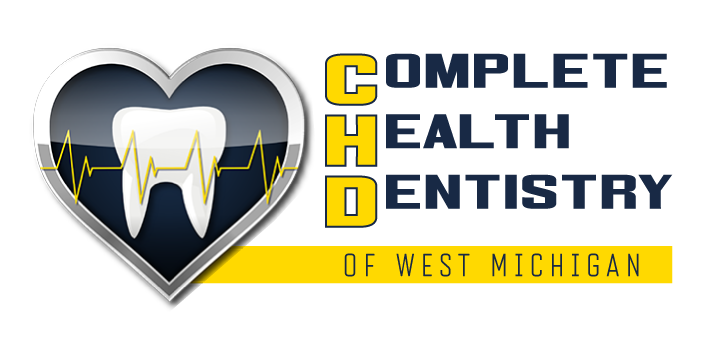Does your child wet the bed at night? Does your child show signs of daytime drowsiness, Attention Deficit Disorder, aggressive behavior, or is having difficulty in school? What about stunted growth, chronic allergies, mouth breathing, disrupted sleep and nightmares? Believe it or not, your child’s dentist can help.
That’s because conditions such as narrow dental arches, overcrowded teeth, overbites, underdeveloped or narrow airways, jaw positioning, and convex facial profiles such as a receding chin can all contribute to Pediatric Sleep-Disordered Breathing (SDB).
It affects as many as 40 million children in the U.S., can cause bed wetting, and can also lead to greater health issues into adulthood, such as obesity, heart disease, diabetes, and increases the risk of suffering a stroke.
The good news is that your child doesn’t have to carry these problems into adulthood. All you need is an early intervention and a healthy start.
What is Sleep-Disordered Breathing?
The term Sleep-Disordered Breathing encompasses many chronic conditions that disturb sleep, such as sleep apnea, snoring, and restricted airways, which occurs when throat muscles relax during the sleep cycle. When a child’s airway is compromised, air and oxygen can’t flow freely to the brain, which interrupts the sleep cycle and brain function the next day.
Symptoms of Sleep-Disordered Breathing include ADD and ADHD, bed wetting, chronic allergies, difficulty in school, mouth breathing, snoring, restless sleep, stunted growth, nightmares, crowded or crooked teeth, dark circles under the eyes, swollen tonsils, aggressive behavior, overbite, underdeveloped lower jaw, and daytime drowsiness.
Generally speaking, these issues can be treated with oral devices – like a mouthguard that is worn at night – designed to open your throat by bringing your jaw forward. Unfortunately, many health care providers often dismiss SDB symptoms and ignore what could snowball into a larger health issue in adulthood.
This makes it all that more important to discuss with your child’s dentist during your next visit, especially if your child is displaying symptoms of SDB.
Why a Healthy Start is Important to a Child’s Development
As part of the Healthy Start program, your child will be assessed, and if necessary, fitted for an orthodontic mouthpiece. This is a non-invasive, non-surgical treatment option designed to open a child’s airway while training the tongue and other muscles in the face to correct jaw alignment, expand dental arches to prevent overcrowding, and develop good oral habits.
For example, five-year-old Thomas was experiencing horrible nightmares every night. He would wake up drenched in sweat, loudly grind his teeth, and would sneak into bed with his parents or brother every night.
By chance, Thomas was at his brother’s dentist appointment when staff noticed dark circles under the boy’s eyes and asked his mother how well everyone was sleeping at night. After filling out a standard assessment for Sleep-Disordered Breathing, it became clear that Thomas had issues with his airways becoming restricted at night. Thomas was fitted for an orthopedic mouth piece called “The Habit Corrector,” and immediately, Thomas began sleeping through the night without nightmares and night sweats.
About Complete Health Dentistry
As the only Healthy Start provider in Grand Rapids, Complete Health Dentistry can help tackle pediatric sleep disorders with several safe and effective solutions. Complete Health Dentistry will identify the symptoms, evaluate the root causes, and will develop a custom, non-invasive, and non-pharmaceutical treatment plan to help your child’s jaw, airways and good oral habits to develop properly.
Not only will choosing a dentist who cares so much about preventative dentistry save your teeth, time, and money, but also allows you to enjoy a healthy smile – all while contributing to you and your child’s overall health and wellness. If you are interested in setting up an appointment at our Grand Rapids office, please click here, or give us a call at (616) 458-7267.
